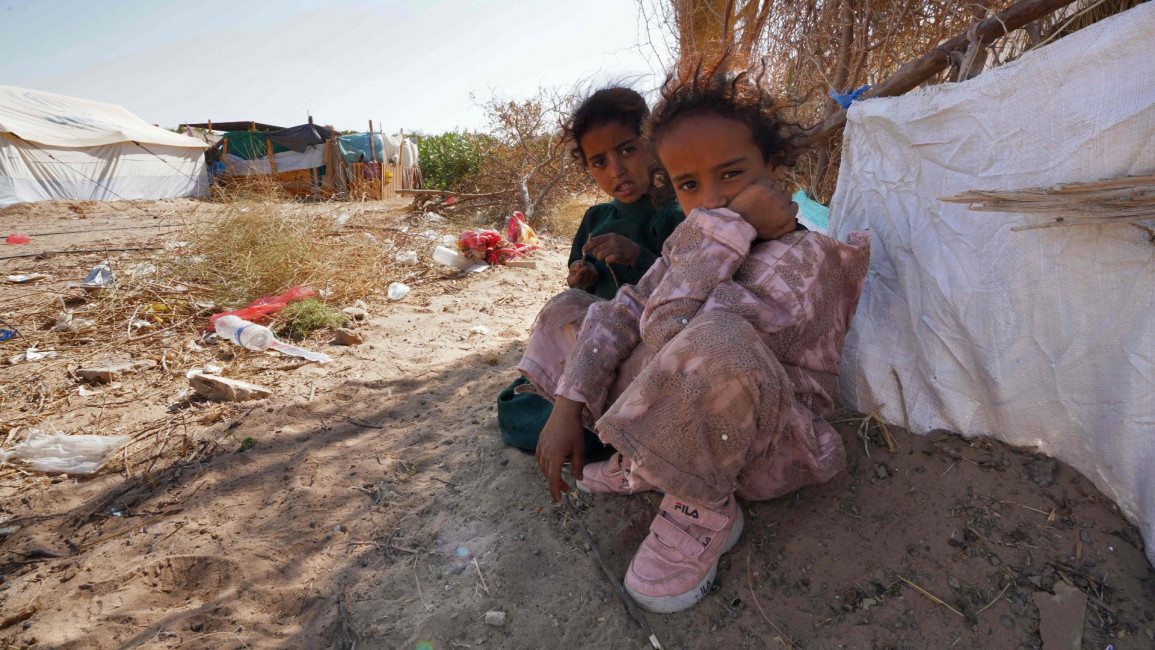Yemen's war robs children of lifesaving heart surgery
While waiting for a sponsor to pay for congenital heart defect surgery, gangrene caused by the untreated ailment ate away at 16-year-old Zamzam Hizam's foot.
She is among millions of Yemenis struggling to obtain lifesaving medical treatment due to a seven-year-old war that has destroyed Yemen's health system, hindered the entry of foreign surgeons, restricted travel abroad by locals and spread poverty.
Mohammed al-Kebsi, head of the cardiac centre at Al-Thawra Hospital in the capital Sanaa, said the department has nearly 3,000 children awaiting complex heart surgery.
"(Foreign) medical teams used to come and do about 100 cases a week ... Now cases have accumulated due to the lack of medical teams and sophisticated specialized medical materials," he said, adding that they deal with the cases they can.
Luckily for Hizam, a sponsor came forward this week to cover the around $2,000 for an artificial heart valve. Her father, who recycles plastic bottles for cash, will have to pay him back.
Yemen's economy has collapsed in the war between a Saudi-led coalition and the Houthi group that ousted the internationally recognised government from Sanaa in late 2014.
A coalition blockade on Houthi-held areas has left Sanaa airport closed to civilian flights for years.
War caused the Hizam family to flee their home in 2015 and uprooted them again last year. After travelling to Sanaa for the medical treatment, Hizam's father struggled to find shelter for his two other toddler children.
So they slept on the street outside the hospital while his daughter waited for a sponsor - hoping another blood clot would not cause further damage.
United Nations and other humanitarian agencies have supported parts of Yemen's battered health system, but funding has fallen below requirements in recent years.
A UN-led fundraising drive on Wednesday received only $1.3 billion towards this year's $4.27 billion aid plan, with agencies warning that food, health and sanitation projects will be further scaled back.
On another hospital bed, three-and-a-half year-old Jabir's father does not know how he will pay the $830 for surgery to implant a new $1,400 pacemaker after the original broke.
"I have no money, I barely got the money to buy the device," he said.
(Reuters)


![Minnesota Tim Walz is working to court Muslim voters. [Getty]](/sites/default/files/styles/image_684x385/public/2169747529.jpeg?h=a5f2f23a&itok=b63Wif2V)





![Israeli strikes on Beirut [Getty]](/sites/default/files/styles/image_330x185/public/2176155077.jpeg?h=a5f2f23a&itok=Xq7ypWgM)
